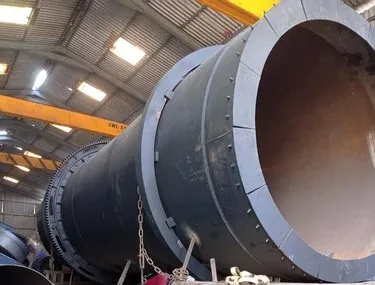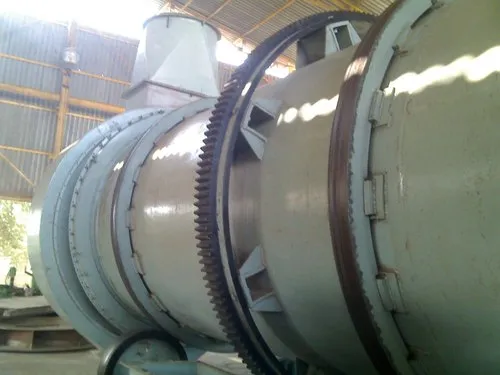A rotary kiln instrumented serves as an industrial furnace for creating activated carbon. The process involves heating carbon-rich materials such as coconut shells wood and coal under controlled environmental conditions. This approach develops the absorbent design that represents activated carbon, maximizing its surface area for adsorption. The rotary design allows constant, large-scale production with constant quality. The raw material is usually pre-treated and carbonized before feeding the kiln for the activation stage. After cooling, the triggered carbon is prepared for various applications, including water and air purification, and industrial operations.




